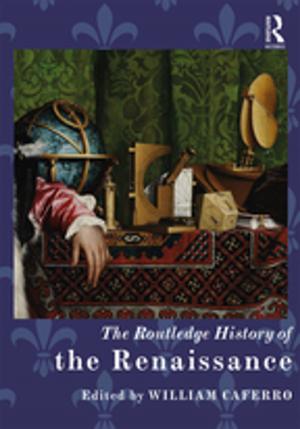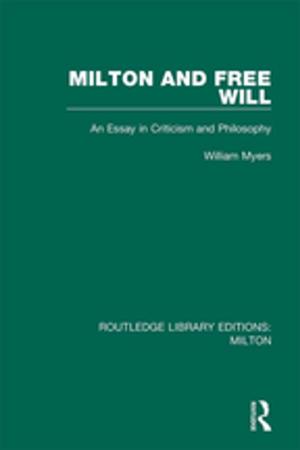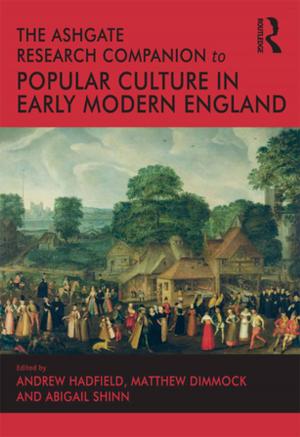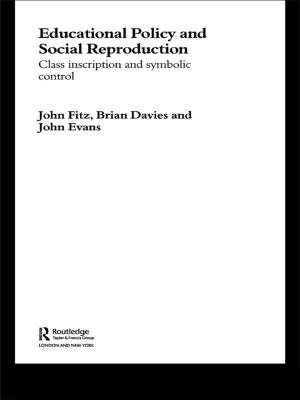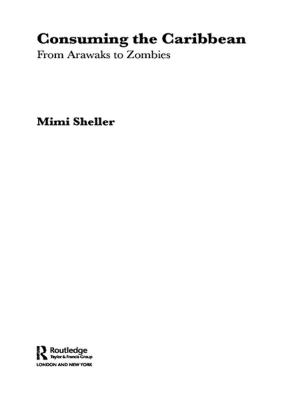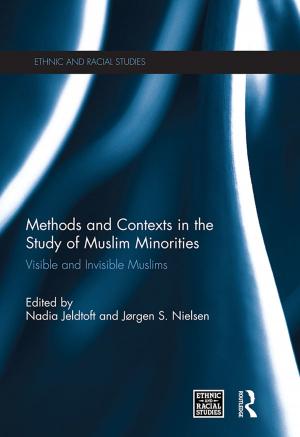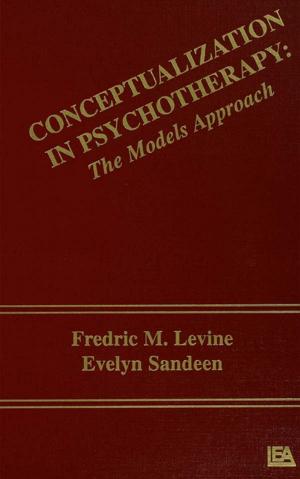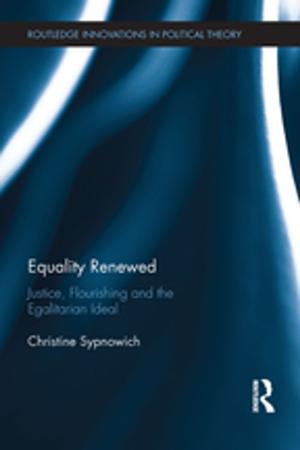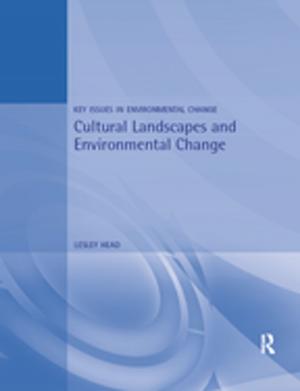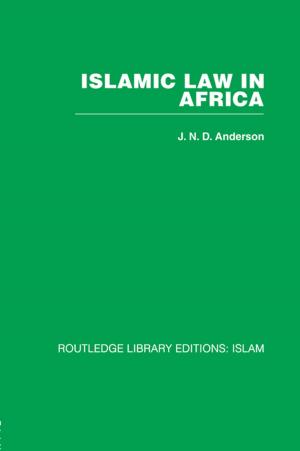Expressions of Cambodia
The Politics of Tradition, Identity and Change
Nonfiction, Social & Cultural Studies, Social Science, Cultural Studies, Ethnic Studies, Anthropology, Political Science| Author: | ISBN: | 9781134171958 | |
| Publisher: | Taylor and Francis | Publication: | October 19, 2006 |
| Imprint: | Routledge | Language: | English |
| Author: | |
| ISBN: | 9781134171958 |
| Publisher: | Taylor and Francis |
| Publication: | October 19, 2006 |
| Imprint: | Routledge |
| Language: | English |
Taking a theoretical and multidisciplinary perspective, the essays in this collection provide compelling insight into contemporary Cambodian culture at home and abroad. The book represents the first sustained exploration of the relationship between cultural productions and practices, the changing urban landscape and the construction of identity and nation building twenty-five years after the fall of the Khmer Rouge regime. As such, the team of international contributors address the politics of development and conservation, tradition and modernity within the global economy, and transmigratory movements of the twenty-first century.
Expressions of Cambodia presents a new dimension to the Cambodian studies by engaging the country in current debates about globalization and the commodification of culture, post-colonial politics and identity constructions. Timely and much-needed, this volume brings Cambodia back into dialogue with its neighbours, and in so doing, valuably contributes to the growing field of Southeast Asian cultural studies.
Taking a theoretical and multidisciplinary perspective, the essays in this collection provide compelling insight into contemporary Cambodian culture at home and abroad. The book represents the first sustained exploration of the relationship between cultural productions and practices, the changing urban landscape and the construction of identity and nation building twenty-five years after the fall of the Khmer Rouge regime. As such, the team of international contributors address the politics of development and conservation, tradition and modernity within the global economy, and transmigratory movements of the twenty-first century.
Expressions of Cambodia presents a new dimension to the Cambodian studies by engaging the country in current debates about globalization and the commodification of culture, post-colonial politics and identity constructions. Timely and much-needed, this volume brings Cambodia back into dialogue with its neighbours, and in so doing, valuably contributes to the growing field of Southeast Asian cultural studies.

